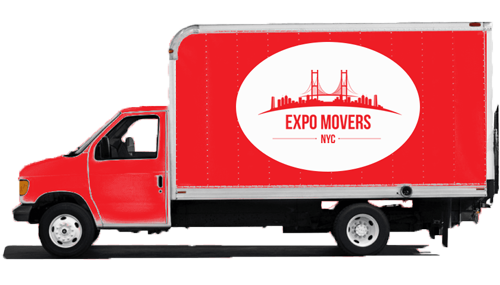It can be a rewarding experience to get into your first home. You get away from apartments, inspections, and annoying neighbors that live above or below.
Since buying a home in NYC can be a costly experience, you’ll want to be prepared for the entire process if you’ve decided that now is the time to become a property owner. Here are some of the things you should know before you start moving on things.
Issues to Consider Before Buying Your First Home
It’s tempting to search for properties online to see what is available. The trouble with that habit is that when the perfect home comes along, you might not be in a financial position to make an offer.
You’ll want to review the following issues to ensure your home buying experience is a positive one.
1. Your debt-to-income ratio matters.

The easiest way to calculate this ratio is to review your credit profile to see your current obligations. Add up your income and debts, then divide those figures. Most lenders require that your percentage be 40% or less, but it could need to be less than 30% for a new mortgage.
If you have a monthly income of $6,000 and monthly debt payments of $2,000, your debt-to-ratio income would be 33%.
2. Credit is a crucial factor when evaluating your long-term costs.

If you want a great interest rate for your mortgage, your credit score needs to be 720 or higher. The closer you get to 800, the better it will be. When you see published rates, those are for consumers with no credit issues at all. Most people won’t qualify for them, even if they pay points.
Although you can buy a home with a credit score as low as 620, the long-term costs could be significant. It might be better to improve your profile while saving some money.
3. A 20% down payment isn’t necessary for most people.

If you want to avoid private mortgage insurance (PMI) costs, you’ll need a 20% down payment for your prospective home. That means a $600,000 property would require a $120,000 down payment.
Your down payment could be as little as 3.5%, depending on your credit and first-time buyer status. You’ll have PMI costs added to your mortgage because of the added risk factors, but it is a way to start using equity to generate wealth instead of paying rent to someone else.
4. You’ll need a mortgage preapproval.

Mortgage preapprovals let you work with lenders to discover how much home your finances can support. They’ll look at your credit history, income history, overall debt, savings, and more. Once everything gets sorted, you’ll receive an estimated offer for a maximum loan that’s typically good for 30 or 60 days.
You cannot make an offer without a mortgage preapproval unless you intend to pay cash.
Just because you can borrow the maximum amount doesn’t mean you should. The goal should be to find the best house that supports your needs, including your financial ones.
5. Your purchase offer starts the negotiating process.

A formal offer for a home requires a purchase contract. Although you can do the work yourself, it’s often easier to work with a real estate agent. The details include the price, earnest money deposits possession terms, and the proposed closing date.
The seller doesn’t need to accept an offer, even if you say you’ll pay more than the asking price. By being flexible with some options, such as the closing date or contingencies, you can usually negotiate a favorable contract.
6. A mortgage payment includes multiple expenses.
Your mortgage payment includes multiple costs. If you have PMI, it’ll be included. Homeowners insurance, HOA fees, and local property taxes are also included. Those funds are typically put into escrow and paid automatically on your behalf.
On the chance that you can’t pay the entire mortgage payment one month, you’ll still want to cover these costs. Having an escrow deficit can cause future financial issues that lead to significant headaches.
7. You’ll have some work to do before closing.

Once you have a signed contract, you’ve made it to the most anxiety-ridden part of the homebuying process. While you’re waiting to close, the lender is finishing the mortgage details. Banks and credit unions can decide not to offer you a product, even with a preapproval, if the underwriters have concerns that don’t get addressed.
You don’t need to force yourself into homeownership before your finances are ready. If you’re in a stable apartment and can stash money into savings each month, you can wait until you’ve got 20% as a down payment to avoid PMI.








